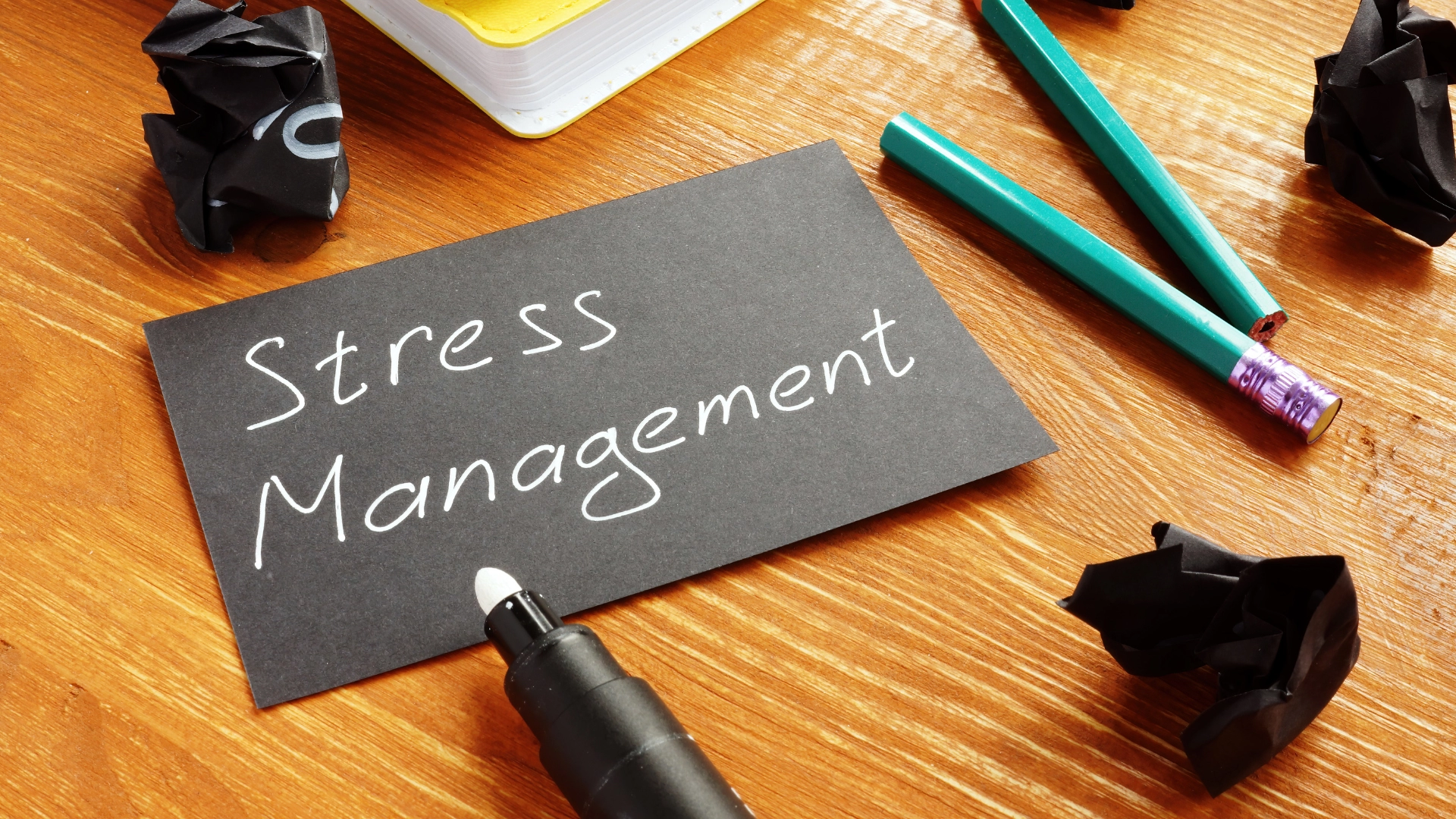Stress Management for Weight Loss: Techniques to Reduce Cortisol and Emotional Eating
In today’s fast-paced world, stress has become an unwelcome companion for many of us. What’s worse, it can significantly impact our weight loss efforts by triggering emotional eating and increasing cortisol levels. If you’re struggling to shed those extra pounds, understanding the connection between stress and weight gain – and learning effective stress management techniques – could be the key to unlocking your weight loss potential.
The Stress-Weight Connection
Before diving into stress management techniques, it’s crucial to understand how stress affects our bodies and eating habits:
- Cortisol Production: Chronic stress leads to increased cortisol production, often called the “stress hormone.”
- Appetite Increase: Elevated cortisol levels can boost appetite and cravings for high-calorie, comfort foods.
- Emotional Eating: Stress can trigger emotional eating as a coping mechanism, leading to overconsumption of calories.
- Metabolic Slowdown: Prolonged stress can slow down metabolism, making it harder to burn calories efficiently.
Effective Stress Management Techniques for Weight Loss
1. Mindfulness Meditation

Practicing mindfulness meditation can help reduce stress and cortisol levels. Studies have shown that regular meditation can decrease emotional eating tendencies.
- Start with just 5-10 minutes daily
- Use guided meditation apps or videos for beginners
- Focus on your breath and present moment awareness
2. Regular Exercise

Physical activity is a powerful stress-buster and weight loss tool. It helps reduce cortisol levels and releases endorphins, improving mood and reducing the likelihood of stress-induced eating.
- Aim for at least 150 minutes of moderate-intensity exercise per week
- Include a mix of cardio and strength training
- Find activities you enjoy to maintain consistency
3. Adequate Sleep

Poor sleep can increase stress and cortisol levels, leading to weight gain. Prioritize getting 7-9 hours of quality sleep each night.
- Establish a consistent sleep schedule
- Create a relaxing bedtime routine
- Avoid screens for at least an hour before bed
4. Balanced Nutrition

A well-balanced diet can help manage stress levels and support weight loss efforts.
- Include stress-reducing foods like fatty fish, nuts, and dark chocolate
- Stay hydrated with water and herbal teas
- Limit caffeine and alcohol intake, which can exacerbate stress
5. Deep Breathing Exercises

Deep breathing techniques can quickly reduce stress and cortisol levels, helping to curb emotional eating urges.
- Try the 4-7-8 technique: Inhale for 4 counts, hold for 7, exhale for 8
- Practice box breathing: Equal counts for inhale, hold, exhale, and hold
- Use these techniques when feeling stressed or tempted to emotionally eat
6. Social Support

Building a strong support system can help manage stress and stay accountable to your weight loss goals.
- Join a weight loss support group
- Share your goals with friends and family
- Consider working with a therapist or counselor for additional support
7. Time Management

Poor time management can lead to increased stress levels. Improve your organizational skills to reduce daily stressors.
- Use a planner or digital calendar to stay organized
- Prioritize tasks and learn to say “no” to non-essential commitments
- Break large tasks into smaller, manageable steps
8. Stress-Reducing Hobbies

Engaging in enjoyable activities can help reduce stress and prevent emotional eating.
- Try creative pursuits like painting, writing, or gardening
- Explore relaxation techniques like yoga or tai chi
- Spend time in nature, which has been shown to reduce stress levels
Implementing Stress Management in Your Weight Loss Journey
To effectively incorporate these stress management techniques into your weight loss plan:
- Start small: Choose one or two techniques to focus on initially
- Be consistent: Practice your chosen techniques regularly
- Track your progress: Keep a journal of your stress levels and eating habits
- Be patient: Stress management is a skill that improves with time and practice
Remember, managing stress is not just about losing weight – it’s about improving your overall health and well-being. By incorporating these stress management techniques into your daily routine, you’ll be better equipped to handle life’s challenges while supporting your weight loss goals.
As you embark on this journey, be kind to yourself and celebrate small victories along the way. With persistence and the right tools, you can effectively manage stress, reduce emotional eating, and achieve your weight loss goals.
FAQ’s
1. How does stress affect weight loss?
Stress can negatively impact weight loss by increasing cortisol levels, which can boost appetite, trigger cravings for high-calorie foods, and lead to emotional eating. Chronic stress can also slow down metabolism and reduce motivation for healthy behaviors.
2. What is the connection between cortisol and weight gain?
Cortisol, often called the “stress hormone,” can increase appetite and motivation to eat. When cortisol levels are chronically elevated due to ongoing stress, it can lead to increased food consumption, particularly of high-fat and sugary foods, potentially resulting in weight gain.
3. How can I tell if I’m stress eating?
Signs of stress eating include reaching for food when you’re not physically hungry, craving specific (often unhealthy) foods when stressed, eating quickly without really tasting the food, and feeling guilty or ashamed after eating.
4. What are some effective stress management techniques for weight loss?
Effective techniques include mindfulness meditation, regular exercise, deep breathing exercises, adequate sleep, balanced nutrition, engaging in stress-reducing hobbies, and building a strong support system.
5. Can reducing stress really help with weight loss?
Yes, reducing stress can significantly aid weight loss efforts. By managing stress, you can lower cortisol levels, reduce emotional eating, improve sleep quality, and increase motivation for healthy behaviors, all of which contribute to more effective weight loss.
6. How does mindful eating help with stress-related weight gain?
Mindful eating helps by increasing awareness of your eating habits and emotional triggers. It encourages you to eat slowly, savor your food, and recognize true hunger versus emotional eating, which can reduce overeating and stress-induced food consumption.
7. Are there specific foods that can help manage stress and support weight loss?
Yes, certain foods can help manage stress while supporting weight loss. These include foods rich in omega-3 fatty acids (like fatty fish), complex carbohydrates (like whole grains), and foods high in vitamin C (like citrus fruits). These nutrients can help regulate stress hormones and support overall health.
8. How long does it take to see results from stress management techniques in terms of weight loss?
The timeline for seeing results can vary depending on the individual and the consistency of applying stress management techniques. Some people may notice improvements in their eating habits and stress levels within a few weeks, while significant weight loss results may take several months of consistent effort.

